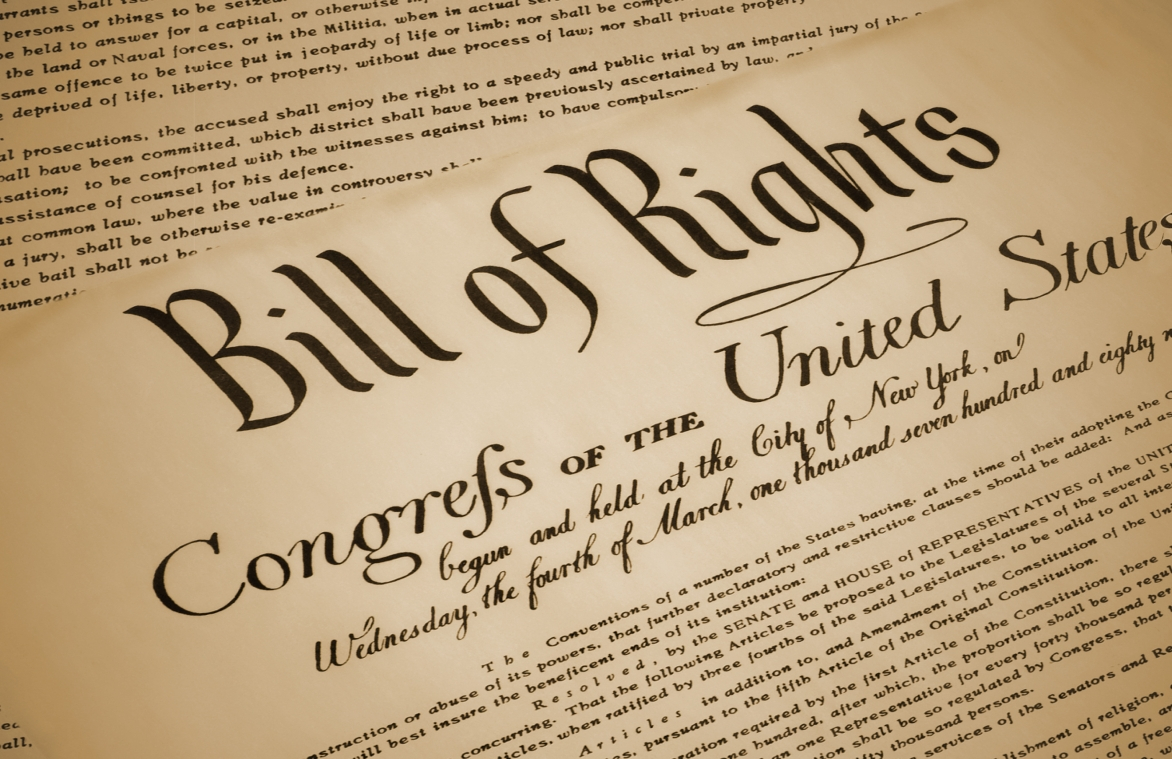Photo courtesy iStock
As we move closer and closer to the next election, and continue to debate the role of the media in American politics, we might want to stop for a moment and reflect on just how fragile our free-expression rights can be.
In mid-July 1798, Congress passed the Sedition Act, which made it a crime to publish false, malicious or scandalous writing about the government.
Despite the First Amendment, which guaranteed a free press and free speech, despite all of the talk about freedom from tyranny, despite all of the newspapers springing up, with the passage of this act it became illegal to say anything bad about the government or about government officials.
Freedom of the press and speech exists only to the extent people are willing to exercise those freedoms. And that exercise can often mean challenging the very institutions that want to limit that freedom.
Many national constitutions, even those in totalitarian countries, contain very clear language about freedom of speech, press and assembly. In fact, some of these documents have guarantees are a lot more explicit and detailed than our own.
And despite all of our own glowing statements about free speech, it seems strange we are going through a time when many people are challenging the notion of free inquiry and open debate.
Numerous reports and polls over the last few years seem to show that people want freedom of speech for themselves, but not for others. The feeling seems to be a lot of people are saying, “I know what is right, so everyone else ought to be quiet.”
We are also seeing a manifestation of this line of thought in the current wave of “politically correct” legislation being passed. Here legislatures and other governing bodies are determining what things are OK to think and say, and which ones are not.
The U.S. Supreme Court one time said there is no such thing as a false idea. We may be mistaken about some facts, but ideas are neither true nor false. And problems arise when we begin to confuse facts and ideas, and begin to brand ideas as correct or incorrect, true or false, valid or invalid.
So let’s remember the lessons of the Sedition Act, and also remember individual rights will be preserved only to the extent people are willing to exercise, and defend, them.
The Free Speech Center newsletter offers a digest of First Amendment and news media-related news every other week. Subscribe for free here: https://bit.ly/3kG9uiJ

